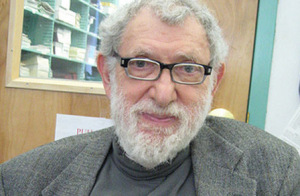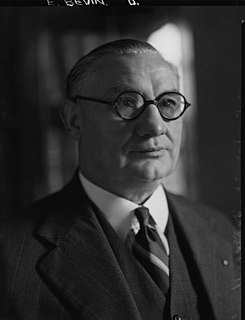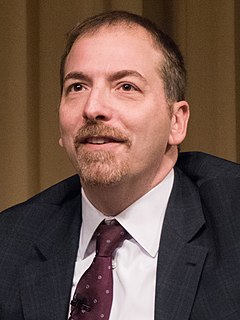A Quote by John Hollander
Geoffrey Hill may be the strongest and most original English poet of the second half of our fading century, although his work is by no means either easy or very popular. Dense, intricate, exceedingly compact, his poetry has always had great visionary force.
Related Quotes
The mind in creation is as a fading coal, which some invisible influence, like an inconstant wind, awakens to transitory brightness; this power arises from within...could this influence be durable in its original purity and force, it is impossible to predict the greatness of the result; but when composition begins, inspiration is already on the decline; and the most glorious poetry that has been communicated to the world is probably a feeble shadow of the original conceptions of the poet.
It is one of those problems of human nature, which may be noted down, but not solved; - although Ralph felt no remorse at that moment for his conduct towards the innocent, true-hearted girl; although his libertine clients had done precisely what he had expected, precisely what he most wished, and precisely what would tend most to his advantage, still he hated them for doing it, from the very bottom of his soul.
The poet needs a ground in popular tradition on which he may work, and which, again, may restrain his art within the due temperance. It holds him to the people, supplies a foundation for his edifice; and, in furnishing so much work done to his hand, leaves him at leisure, and in full strength for the audacities of his imagination.
I wish to suggest that a man may be very industrious, and yet not spend his time well. There is no more fatal blunderer than he who consumes the greater part of his life getting his living. All great enterprises are self-supporting. The poet, for instance, must sustain his body by his poetry, as a steam planing-mill feeds its boilers with the shavings it makes. You must get your living by loving.
We, all of us in the First World, have participated in something of a binge, a half century of unbelievable prosperity and ease. We may have had some intuition that it was a binge and the earth couldn't support it, but aside from the easy things (biodegradable detergent, slightly smaller cars) we didn't do much. We didn't turn our lives around to prevent it. Our sadness is almost an aesthetic response - appropriate because we have marred a great, mad, profligate work of art, taken a hammer to the most perfectly proportioned of sculptures.
At present, man applies to nature but half his force. He works on the world with his understanding alone. He lives in it, and masters it by a penny-wisdom; and he that works most in it, is but a half-man, and whilst his arms are strong and his digestion good, his mind is imbruted, and he is a selfish savage.




































